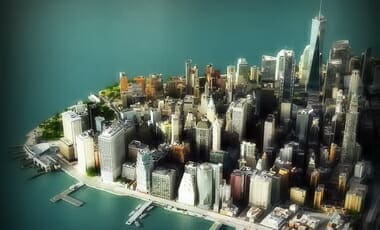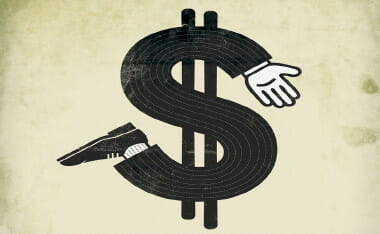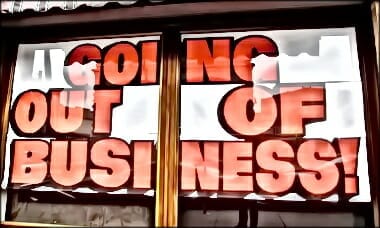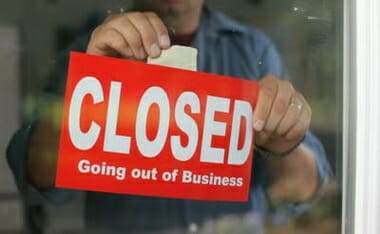A. PRIVATE PROPERTY
According to the teachings of the Bible, government should both document and protect the ownership of private property in a nation.
The Bible regularly assumes and reinforces a system in which property belongs to individuals, not to the government or to society as a whole.
We see this implied in the Ten Commandments, for example, because the eighth commandment, “You shall not steal” (Exod. 20:15), assumes that human beings will own property that belongs to them individually and not to other people. I should not steal my neighbor’s ox or donkey because it belongs to my neighbor, not to me and not to anyone else.
The tenth commandment makes this more explicit when it prohibits not just stealing but also desiring to steal what belongs to my neighbor:
“You shall not covet your neighbor’s house; you shall not covet your neighbor’s wife, or his male servant, or his female servant, or his ox, or his donkey, or anything that is your neighbor’s” (Exod. 20:17).
The reason I should not “covet” my neighbor’s house or anything else is that these things belong to my neighbor, not to me and not to the community or the nation.
This assumption of private ownership of property, found in this fundamental moral code of the Bible, puts the Bible in direct opposition to the communist system advocated by Karl Marx. Marx said:
The theory of the Communists may be summed up in the single sentence: abolition of private property.
One reason why communism is so incredibly dehumanizing is that when private property is abolished, government controls all economic activity. And when government controls all economic activity, it controls what you can buy, where you will live, and what job you will have (and therefore what job you are allowed to train for, and where you go to school), and how much you will earn. It essentially controls all of life, and human liberty is destroyed. Communism enslaves people and destroys human freedom of choice. The entire nation becomes one huge prison. For this reason, it seems to me that communism is the most dehumanizing economic system ever invented by man.
Other passages of Scripture also support the idea that property should belong to individuals, not to “society” or to the government (except for certain property required for proper government purposes, such as government offices, military bases, and streets and highways). The Bible contains many laws concerning punishments for stealing and appropriate restitution for damage of another person’s farm animals or agricultural fields (for example, see Exod. 21:28-36; 22:1-15; Deut. 22:1-4; 23:24-25). Another commandment guaranteed that property boundaries would be protected: “You shall not move your neighbor’s landmark, which the men of old have set, in the inheritance that you will hold in the land that the LORD your God is giving you to possess” (Deut. 19:14). To move the landmark was to move the boundaries of the land and thus to steal land that belonged to one’s neighbor (compare Prov. 22:28; 23:10).
Another guarantee of the ownership of private property was the fact that, even if property was sold to someone else, in the Year of Jubilee it had to return to the family that originally owned it:
It shall be a Jubilee for you, when each of you shall return to his property and each of you shall return to his clan (Lev. 25:10).
This is why the land could not be sold forever: “The land shall not be sold in perpetuity, for the land is mine. For you are strangers and sojourners with me” (Lev. 25:23).
This last verse emphasizes the fact that private property is never viewed in the Bible as an absolute right, because all that people have is ultimately given to them by God, and people are viewed as God’s “stewards” to manage what he has entrusted to their care.
The earth is the LORD’S and the fullness thereof, the world and those who dwell therein (Ps. 24:1; compare Ps. 50:10-12; Hag. 2:8).
Yet the fact remains that, under the overall sovereign lordship of God himself, property is regularly said to belong to individuals, not to the government and not to “society” or the nation as a whole.
When Samuel warned the people about the evils that would be imposed upon them by a king, he emphasized the fact that the monarch, with so much government power, would “take” and “take” and “take” from the people and confiscate things for his own use:
So Samuel told all the words of the LORD to the people who were asking for a king from him. He said, “These will be the ways of the king who will reign over you: he will take your sons and appoint them to his chariots and to be his horsemen and to run before his chariots. And he will appoint for himself commanders of thousands and commanders of fifties, and some to plow his ground and to reap his harvest, and to make his implements of war and the equipment of his chariots. He will take your daughters to be perfumers and cooks and bakers. He will take the best of your fields and vineyards and olive orchards and give them to his servants. He will take the tenth of your grain and of your vineyards and give it to his officers and to his servants. He will take your male servants and female servants and the best of your young men and your donkeys, and put them to his work. He will take the tenth of your flocks, and you shall be his slaves. And in that day you will cry out because of your king, whom you have chosen for yourselves, but the LORD will not answer you in that day” (1 Sam. 8:10-18).
This prediction was tragically fulfilled in the story of the theft of the vineyard of Naboth the Jezreelite by Ahab the wicked king and Jezebel, his even more wicked queen (see 1 Kings 21:1-29). The regular tendency of human governments is to seek to take control of more and more of the property of a nation that God intends to be owned and controlled by private individuals.




